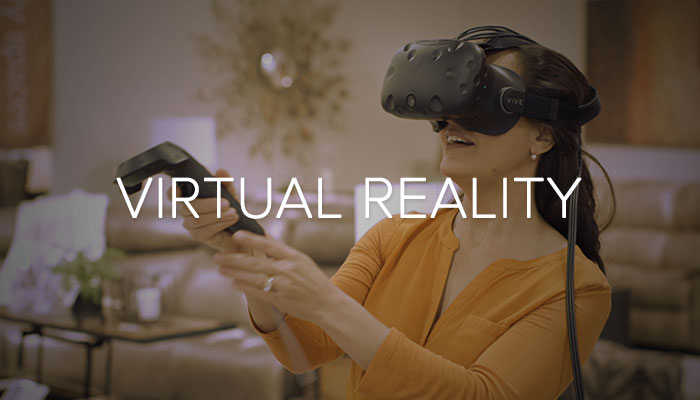The other respondents have suggested a number of applications where VR could be a big help.
So I’d like to step back a bit and look at the wider picture.
VR is a way to communicate EXPERIENCES, and it will transform every industry where access to experiences is constrained. It will solve problems caused by limited access to experiences.
Those experiences could be things like educational experiences, as several other people have pointed out. Or attending in-person events such as business meetings or industry conferences. Or hands-on practical experience navigating environments, building things, performing medical procedures, fixing your plumbing… and, of course, social experiences such as personal or professional networking, activism, dating, playing games with friends.
Who currently has limited access to these experiences? People without enough money to attend these events, or are physically disabled, or who live too far away.
To look at how transformative this can be, consider two previous technological revolutions.
The Internet addressed the problem of limited access to information. That information could be news, educational materials, weather data, social information, entertainment, shopping information, and so on and so forth. Every industry that relied on limited access to information is being transformed, or has already been transformed.
The industrial revolution addressed the problem of limited access to physical goods. Today, in our world, there is no shortage of stuff. (There are political reasons why people can’t get to this stuff, but that’s a different story.)

The biggest impact is on work.
As a result of the industrial revolution, we’ve gone from a world where almost all of us were in the business of producing stuff, by farming it, or making stuff by hand, we’ve gone to a world where most of us create information or experiences.
There are still lots of people making stuff, but very few of them are making very basic stuff, like food. The stuff that people make is more interesting and complicated. Toiling in the fields of all day is not much fun if you have to do everything by hand. Growing heirloom tomatoes and designing unique, handmade furniture is fun.
Similarly, the information revolution is changing the process of creating and distributing information so that a lot fewer people will be needed, and those people who will continue to do this work focus on the more interesting, creative, and complicated kinds of information. Doing data entry is not fun. Working on a big-budget action movie is fun.
With VR and AI and other next-generation technologies, the number of people who work on creating very basic experiences will shrink, and people will move into working on higher-end, more personal, more creative, more interesting experiences.
So, the biggest problem that VR and AI will solve is that people will be able to stop doing routine, low-value work and move to doing more interesting, high-value work.
That’s also the biggest problem these technologies will create, as well, since the transition to the new economy will be extremely painful and there are a lot of people who will lose their jobs.
I hope that one of the areas that we will put a lot of effort into is using VR and AI to help train people for new jobs, and to advocate for programs that provide education and other transitional assistance to people who need it.






0 Comments
Please do not enter any spam link in the comments box.